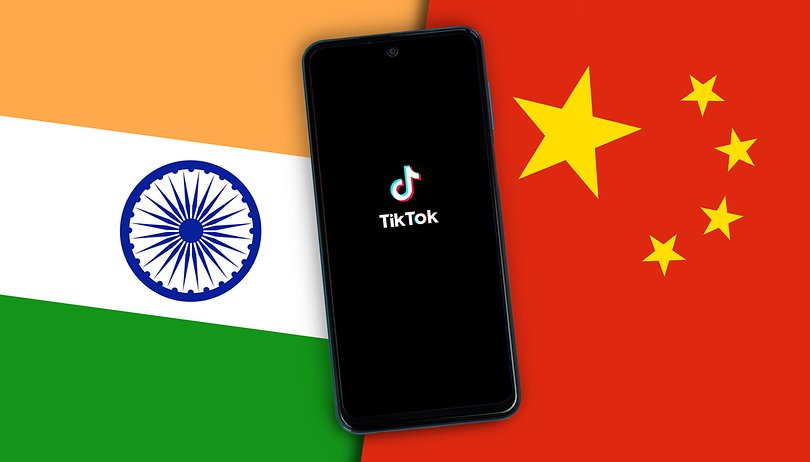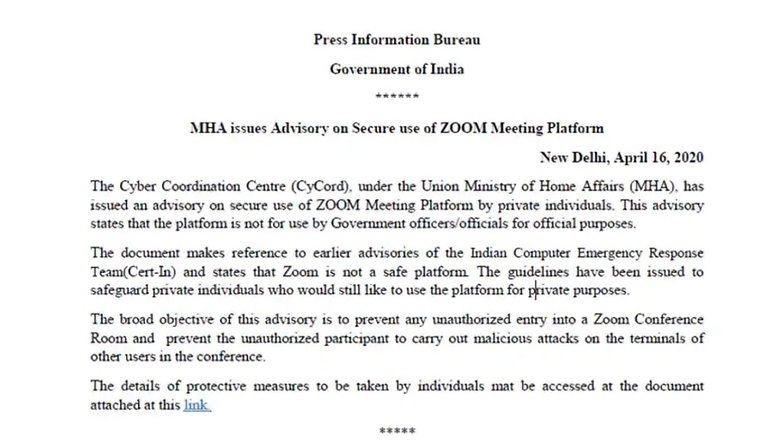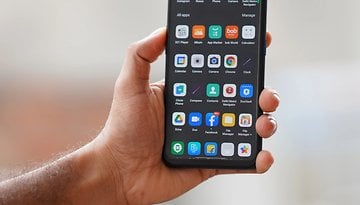In India, Chinese apps offer a backdrop to diplomatic conflict


In full diplomatic tension with China over the issue of their common border in the Himalayas, India wants to ban several Chinese Android and iOS applications.
Indian intelligence services released a list of Chinese mobile applications last week that they consider to be a potential risk to national security. The government is asked to ban these applications. They include TikTok, Clash of Kings, and even Zoom, as reported in the Hindustan Times.
Yes, Zoom, this American (and not Chinese) company and videoconference service based in California but whose CEO Eric Yuan, American naturalized since 2007, has Chinese origins. This is enough to strengthen the suspicion of Indian intelligence about its alleged links with Beijing.

Other notable applications include Weibo, WeChat, and Xiaomi's apps such as Mi Community and Mi Store. According to the Hindustan Times, there are nearly 52 iOS and Android applications that are considered "at risk" by the Indian authorities in this list. Android Authority has compiled the allegedly complete list, but has not sourced it.
The main fear lies in New Delhi's suspicion that these applications, developed or published by Chinese companies (such as Tencent or ByteDance, for example), present a risk of espionage via the data they might collect and share with China.
Another fear would be that these Chinese backdoors would allow attacks on Indian networks in case of conflict, in order to paralyze the country. According to the Hindustan Times, Indian intelligence advises government officials or representatives not to use the listed applications as part of their duties.
The case of Zoom, while it has no reason to be questioned for its association with China, can on the other hand be justified in view of the major security breaches revealed in recent months and even weeks. Its use has not been encouraged in India either.
After the Red Fear, the Yellow Peril is shaking up the tech...
Like the Red Fear during the Cold War, the Yellow Peril is a phrase coined in the West to put a word on the anguish over the rise of China and Asian countries expanding their influence in the world.
But nowadays, these expressions are used in a quasi-satirical way, to refer to fantasies related to the clash of civilizations. After Russia, it's up to China to pay the price. Or rather to Chinese tech companies that are suspected, not necessarily wrongly, but not systematically rightly either, of connivance with Beijing.
Huawei is a perfect example of a successful tech company that has shaken Western giants such as Apple and Google into their established order. And the United States sees it as a fifth column ready to play sleeper agents for the Chinese government.
But where the U.S. fears that Chinese soft-power will unbalance the Cold War trade that the country is delivering to China, the situation in India is different. It is direct interference and open conflict that New Delhi fears.
Diplomatic tensions are indeed much more palpable between India and China. The disputed Aksai Chin border between the two nuclear powers in the Himalayas was again the subject of deadly military clashes last week.
So it's quite unsettling to see how the Google Play Store and Apple's App Store are becoming theaters of confrontation between states, a kind of 3.0 chessboard of the world diplomatic game (2.0 being social networks).
Via: Android Authority Source: Hindustan Times





















Is this a news or tech tips?